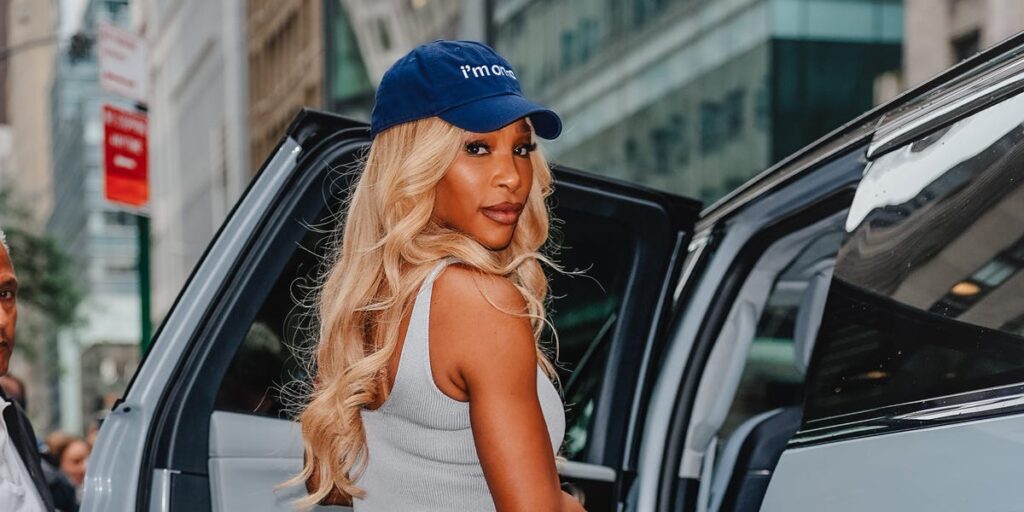Even Serena Williams doesn’t get a free pass, in a funding climate where startups are picky about whose money they’ll take.
The tennis legend has built Serena Ventures into a $111 million fund that claims stakes in 16 unicorns, or startups valued at more than $1 billion. Her name will almost always get her in the room, but winning the deal is another matter.
“Founders,” she says, “are getting more choosy.”
On Wednesday, Williams and Beth Ferreira, a Serena Ventures general partner, headlined NYC Summit, a staple of conference season for two thousand tech builders and investors, hosted by early-stage venture firm Primary. This year’s lineup featured former FTC chair Lina Khan, policy-savvy venture capitalist Bradley Tusk, and the founders of leading artificial intelligence startups, including Decagon, Clay, and Cohere.
Tech has always been a game of haves and have-nots, but the divide is starker as big acquirers pull back, venture firms raise smaller funds at a slower clip, and most dollars chase artificial intelligence. For everyone else, cash is harder to come by — and founders are weighing more carefully whether an investor brings more than money to the table.
“Founders,” Ferreira said, “are really evaluating who they want to partner with. If they don’t believe that our network and the ideas we have about their company can change outcomes, we’re not going to get into the deal.”
“I think most of the time,” she added, “those founders are realizing that this is different and could very much complement the rest of their investment base.”
‘Not all money is good money’
That choosiness goes for investors, too.
Ferreira says the firm comes in early, takes modest positions, and doubles down only when portfolio companies show breakout potential. In some cases, she added, the fund has even approached portfolio startups valued in the billions to cash out some of their shares.
Williams said the firm is cutting fewer checks than it did three or four years ago, reflecting today’s more cautious market. Serena Ventures now digs deeper into each startup, pressing on whether founders are genuinely solving the problem they set out to address.
That extra scrutiny, she added, is a healthy shift — forcing both investors and founders to be more strategic about where dollars go. “Not all money is good money,” Williams said.
Since taking a step back from tennis, Williams has grown a business empire that stretches from cosmetics and media to stakes in pro sports teams. In 2022, she added venture capitalist to her list of titles, launching her fund that invests in consumer brands and software.
Williams doesn’t seem eager to take any credit. In an X post on Monday, she called a news headline “inaccurate” for saying she personally invested in a women’s basketball league, clarifying that the move came from her fund. “I remain a partner at Serena Ventures, not in an operational role,” she wrote.
If Williams is the name on the marquee, Ferreira is the hand at the wheel. A former operator, she leads a team of four investors at the firm, sourcing deals and managing the portfolio. Her previous bets include Glossier, Warby Parker, Daily Harvest, and MasterClass.
Looking ahead, Williams said Serena Ventures still has capital left from its $111 million debut fund. Asked whether a second fund was on the horizon, she hedged, joking that she’d need to “check with the lawyers” before saying more.
Williams made one thing clear: the firm isn’t a one-and-done experiment. “We are not here to do one fund,” she said.
Have a tip? Contact this reporter via email at mrussell@businessinsider.com or Signal at @MeliaRussell.01. Use a personal email address and a non-work device; here’s our guide to sharing information securely.
Read the full article here


